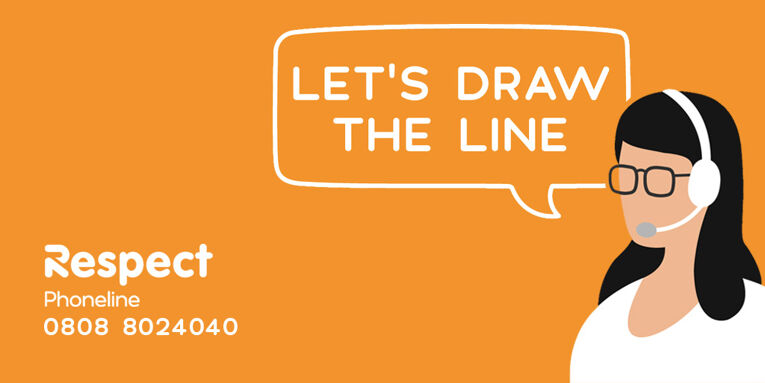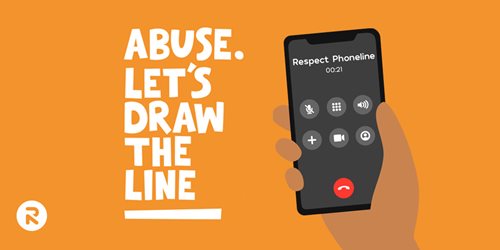How to combat domestic abuse in the COVID world

Respect, one of our partners in our #YouAreNotPowerless domestic abuse campaign, is a pioneering UK domestic abuse organisation leading the development of safe, effective work with perpetrators, male victims and young people using violence in their close relationships.
Here, they explain how If you see warning signs of abusive behaviours in yourself, you can take control and choose to stop.
Is Covid-19 impacting your personal relationships? Are you fighting more often? Are you lashing out in front of the kids? Is your partner scared? Many callers are telling our Respect Phoneline Advisors that they’re constantly arguing and blaming each other for their respective behaviours.Since March, the world has changed, and that means things at the Respect Phoneline have changed too.
Victims and perpetrators of domestic abuse are spending more time in their homes than ever before, with little idea of when the situation will change. We’ve experienced drastic increases on the Respect Phoneline compared to this time last year. June 2020 saw a nearly 60% increase in calls compared to June 2019.
It’s common to be unsure if you’ve used abusive behaviours or not. What matters is that you’re willing to call and take ownership of them, if you are.

Dev called the Respect Phoneline because his girlfriend said he needed help with his behaviour. When he called, he wasn’t sure he’d been abusive, but was open to talking it out and getting help.
Dev told the Advisor that he started checking his partner’s phone because her behaviour towards him changed when she stopped taking her anti-depressants. By explaining away his behaviours like this, Dev was minimising his actions and placing the blame on his girlfriend.
Later in the call, Dev admitted his girlfriend had expressed that she was now afraid of him. After admitting it out loud, Dev realised her behaviour change was a result of the fear he caused, not her medication.
Checking your partner’s phone, computer or personal belongings are acts of emotional and psychological abuse. Dev came to understand that checking his partner’s phone, questioning her and making accusations against her was domestic abuse. The Advisor challenged Dev’s belief that his girlfriend was responsible for his actions and instead helped him accept responsibility for himself.
Dev made plans to seek therapy for his trust issues, while also agreeing to speak to his local Domestic Abuse Perpetrator Programme (DVPP). Dev was extremely open and co-operative, because he wanted to make his relationship work.
If you see yourself in Dev’s behaviour, there’s no reason to think you can’t choose to change too.
Domestic abuse isn’t always physical. Jealous questioning, intimidation, swearing or shouting, calling your partner names, sending them abusive texts or emails, putting them down, and accusing them of things, are all examples of emotional and psychological abuse.
If you see warning signs of abusive behaviours in yourself, you can take control and choose to stop.
Catherine, a Respect Phoneline Advisor, explains that de-escalation tactics are useful for those that want to change. To de-escalate situations at the Respect Phoneline, we use the Time-Out Guidance. If it’s possible to remove yourself from the immediate situation, you should.
While it may not be possible for you to live separately, especially in current circumstances, if you feel yourself getting angry, step outside. Take a walk, get some fresh air and try to calm down. Do you really want to say that to your partner? Do you really want to hurt them? Do you want your children to be afraid of you?
How might you decide or recognise that these are abusive? Advisors often hear from callers who are aware they’ve used abusive behaviours, but believe their partner needs to change first. In Dev’s case, he used his partner’s medication as the scapegoat for his behaviours. What do you use? Instead of thinking “she/he made me do it,” think about self-responsible language.
If you’ve been abusive, there’s probably a pattern to the things you do.
If you’re unsure about your behaviours, but worry you may have been abusive, call the Respect Phoneline. Address abusive behaviours now and prevent those patterns from becoming your ‘normal.’